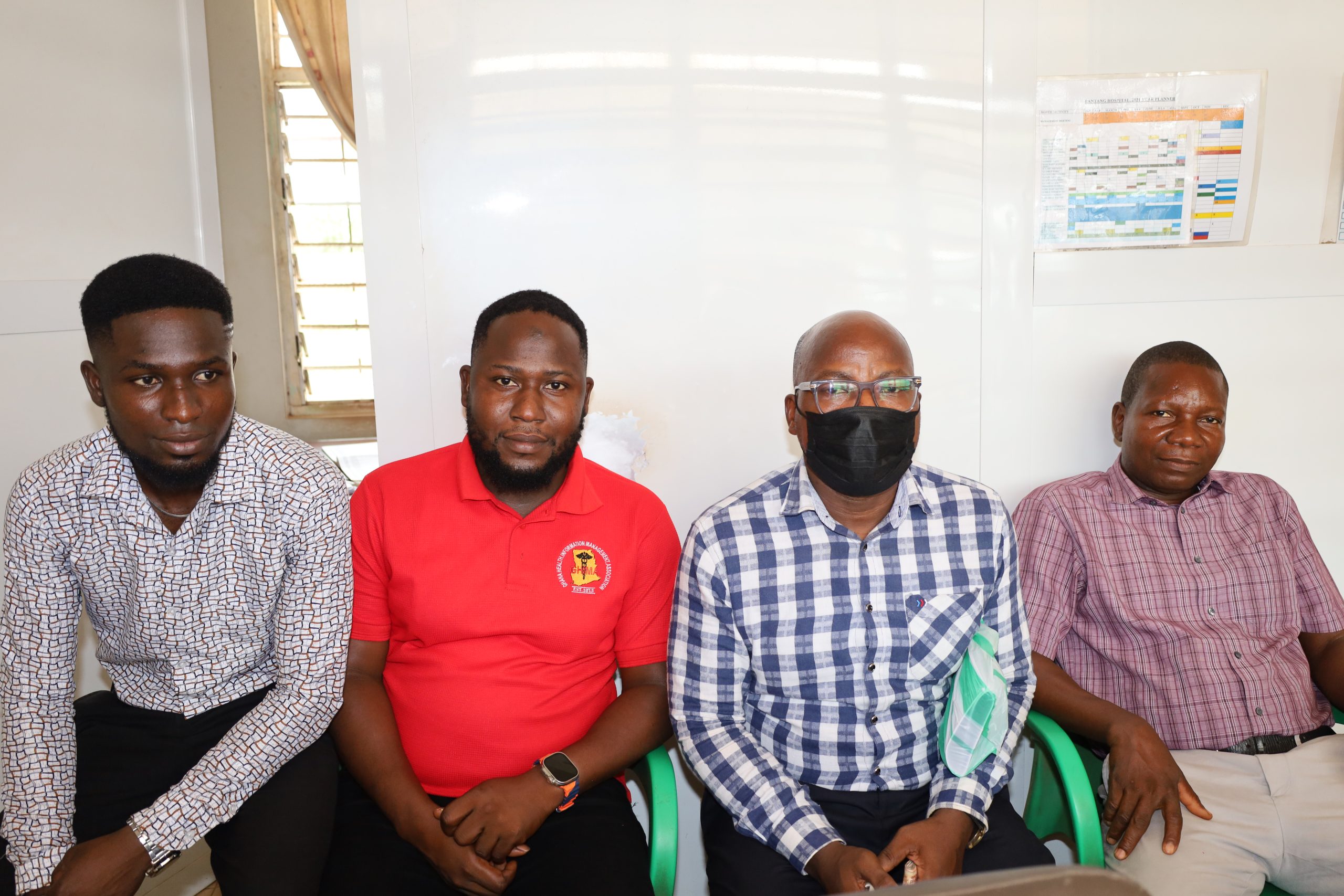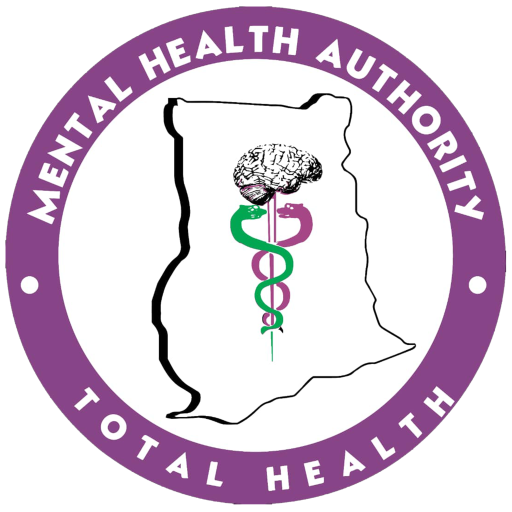The Records Unit at Pantang Hospital is responsible for managing and maintaining the hospital’s records, both electronic and paper-based, in an organized, secure, and accessible manner. The unit plays a critical role in ensuring that accurate, complete, and up-to-date information is available for clinical and administrative purposes, while ensuring compliance with legal and regulatory requirements.
Key Responsibilities:
Management of Patient Records
- Ensuring the proper creation, maintenance, and storage of patient records, including medical histories, treatment plans, and diagnostic results.
- Ensuring that patient records are accurate, complete, and up-to-date for healthcare providers to make informed decisions.
Confidentiality and Data Security
- Implementing policies and procedures to ensure the confidentiality and security of patient information in compliance with relevant data protection regulations (e.g., GDPR, HIPAA).
- Safeguarding physical and electronic records from unauthorized access or damage.
Record Retrieval and Access
- Ensuring that patient records are readily available to authorized medical staff and hospital personnel when needed.
- Facilitating quick and efficient retrieval of records to support timely diagnosis, treatment, and administrative decision-making.
Document Storage and Organization
- Organizing and storing patient records, both paper and electronic, in a structured and systematic way to ensure easy access.
- Implementing electronic health record (EHR) systems and other digital tools for efficient management of medical records.
Record Retention and Disposal
- Developing and maintaining a record retention policy in compliance with legal and regulatory requirements, ensuring that records are kept for the required period.
- Managing the safe and secure disposal of outdated or unnecessary records, ensuring proper destruction of confidential information.
Clinical Documentation Support
- Assisting medical staff in the accurate documentation of patient care and clinical activities.
- Providing support for ensuring that all medical records are complete, consistent, and compliant with hospital and regulatory standards.
Administrative Records Management
- Managing non-medical records related to hospital operations, including personnel files, financial documents, inventory records, and administrative correspondence.
- Ensuring that all administrative records are organized, accessible, and securely stored.
Compliance with Legal and Regulatory Standards
- Ensuring that the hospital’s records management practices comply with relevant health laws, regulatory guidelines, and best practices.
- Supporting audits and inspections by providing necessary documentation and maintaining accurate, compliant records.
Staff Training and Education
- Providing training for hospital staff on the proper management, handling, and documentation of patient and administrative records.
- Educating staff on maintaining confidentiality, following the hospital’s records management policies, and complying with legal regulations.
Audit and Quality Assurance
- Conducting regular audits of patient and administrative records to ensure compliance with established standards.
- Identifying and addressing any discrepancies, errors, or areas for improvement in record-keeping practices.
Integration of Digital Tools and Technology
- Implementing and maintaining digital records systems, including electronic health records (EHR), document management software, and other IT solutions for efficient record-keeping.
- Supporting the integration of new technologies to improve record-keeping efficiency and accuracy.






